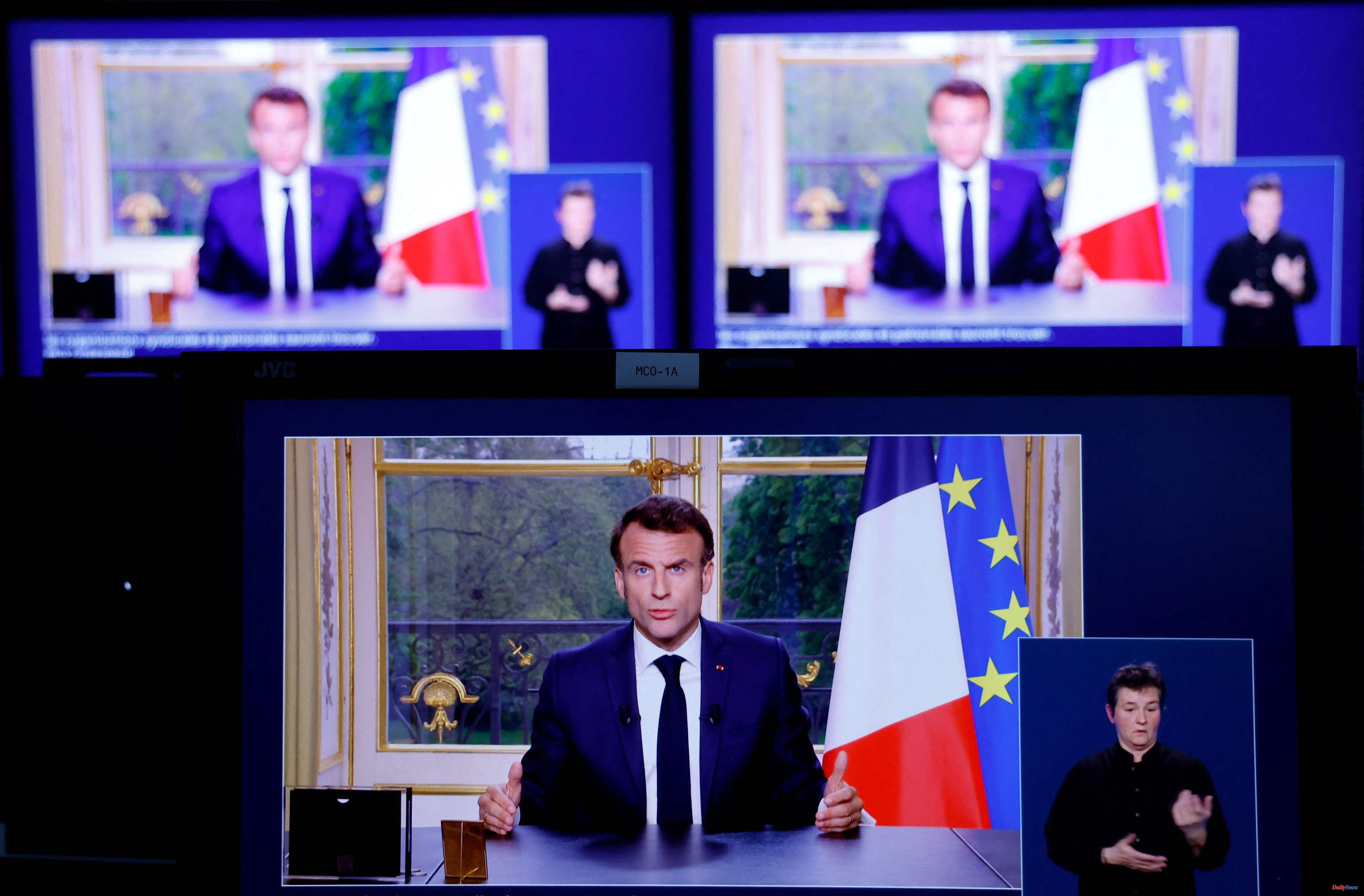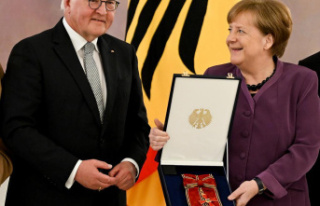The French president, Emmanuel Macron, has declared the pension crisis settled, after having received the go-ahead from the Constitutional Council and having promulgated the law last Saturday, with a speech in which he addressed the French and recognized that the reform "has not been accepted". "The reform was necessary. Has it been accepted? Obviously not", the president pointed out.
In a speech issued from the Élysée, lasting just 15 minutes, Macron has admitted that "there has been no consensus on the law" and has said he understands the anger of the citizens. "" No one can remain deaf to this demand for social justice ", he said. Later, he reached out to the unions, with whom he wants to negotiate" a new social pact "to address the conditions at work.
"I have proposed to receive the unions on Tuesday and the door will be open, to open without any taboo a series of negotiations on the essential issues: improving remuneration, the distribution of wealth and the improvement of working conditions," he said. Macron, who has said that this new pact for life at work "will be built in the coming months through social dialogue" with organizations and employers.
Macron has taken stock of the positive things and progress of the country: He has spoken of the good employment figures, of the reindustrialization of the country, and has set the new course to reset his mandate, with three main objectives: education, justice and progress: "They are the great objectives for the nation and that is why I request the strength and action of all: political forces, unions, to form new qualifications and alliances."
Just now, one year has passed since his re-election and he has four more years to go, in which it will be more difficult for him to carry out his reforms, without a majority in the Assembly and in a very tense political and social context. His last speech before the French from the Élysée was a year ago, in June, after the legislative elections in which he lost an absolute majority.
In his message, Macron has made a call for calm and has said that he will take stock on July 14: "We have 100 days of calm, ambition and action ahead of us for the service of France," he said.
Although he wants to turn the page, it is not clear that the country wants to do so: As he spoke, a casserole party was taking place in the Paris city hall and in other cities, and groups of protesters have spontaneously gathered in different cities of the country. The unions have made it clear that the protest in the street is not going to stop and have already called for a large mobilization on May 1, coinciding with the labor day demonstration.
The Unsubdued France threatens to present another motion of censure (the Government passed one a month ago by the hair of the hair) and next Thursday the unions that represent the SNCF train company have organized a "Thursday of railway rage". There is another day of demonstrations on the 28th and there are those who call for a boycott of the Paris Olympic Games scheduled for 2024 if Macron does not withdraw the law under the theme "Pas de retraite, pas de JO" (no pensions, no Olympic Games).
The president had invited the unions to meet this Tuesday at the Élysée, but they have declined his invitation. After being promulgated on Saturday morning, the pension reform will enter into force on September 1, although on May 3 the Constitutional Council will still have to rule on the referendum proposal presented by the left. That it is accepted does not prevent the law from beginning to be applied. This process is also long and complex and requires five million signatures in less than nine months.
The president has managed to carry out, despite the opposition of the entire country, the mother of all his reforms, after three months of strikes and mobilizations in the streets, through a democratic process that some French consider illegitimate, especially after that it decided to approve the controversial law through article 49.3 of the Constitution, which allows it to be done without going through the vote of Parliament. This decision ignited popular anger and the tension in the street has been growing and his popularity is at the lowest level since he was elected.
According to the criteria of The Trust Project












